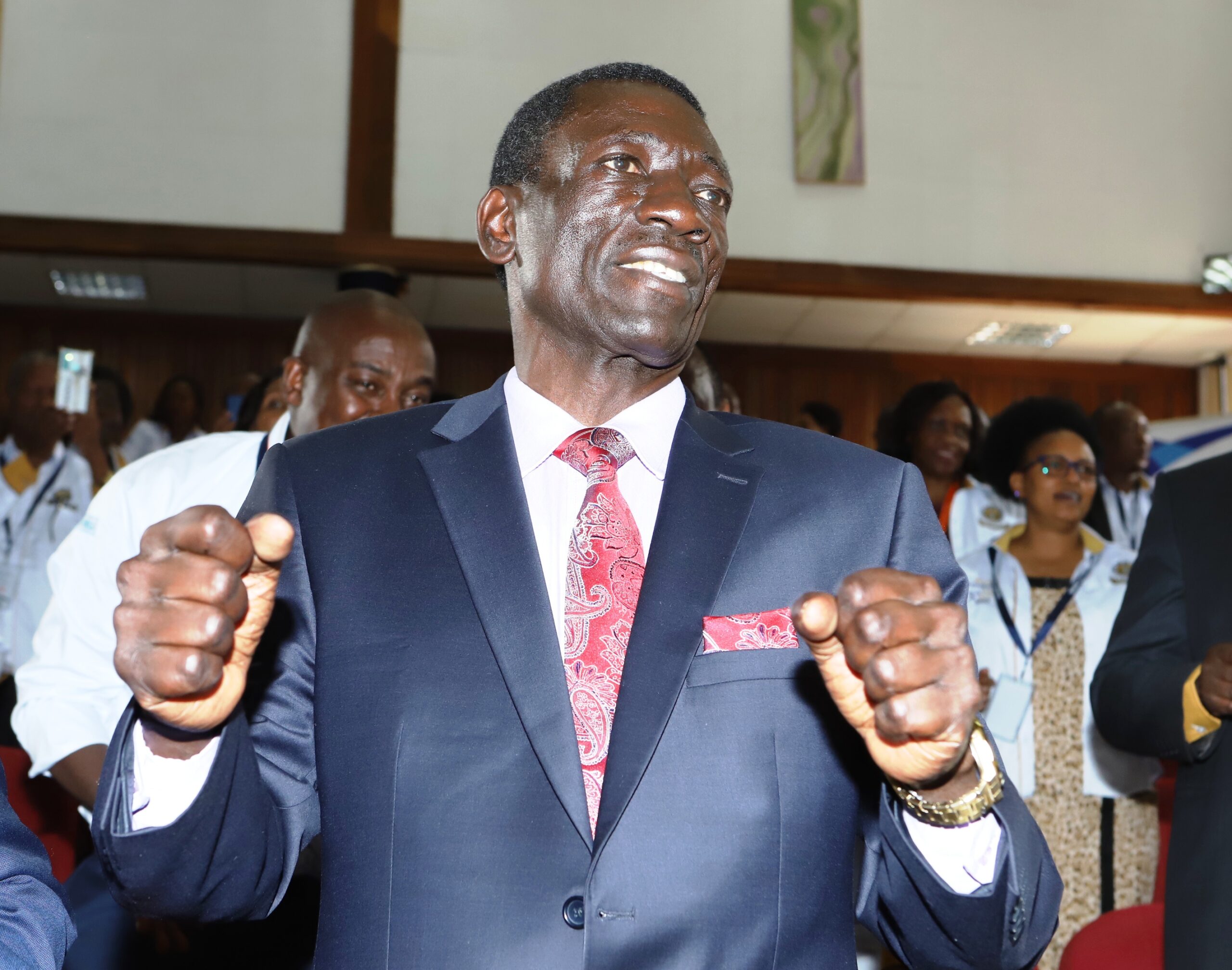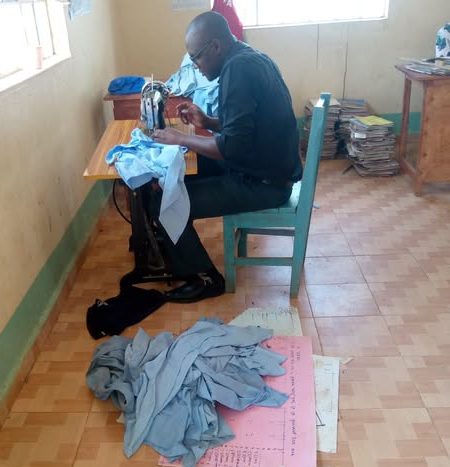By Education News Reporter
Kenya National Union of Teachers (Knut) continues to pour cold water on the effectiveness of the Competency Based Curriculum (CBC), saying its introduction was rushed and came too early.
A recently released report by the giant teachers’ trade union says the pilot phase of the curriculum was not effective and had not improved learners’ achievement on various competencies, before its national roll-out in 2019.
The research report titled: Summative Evaluation of the Pilot Phase of Competence Based Curriculum in Kenya of August 2019 says the ineffectiveness was as a result of teachers having not been equipped with the necessary skills to aid them in implementing the programme.
“It also had no proper articulated assessment procedures for measuring the competencies gained by learners and the performance of students,” it adds.
The report further indicates that stakeholders had negative perceptions on CBC implementation indicating that they were not well prepared during the pilot phase, and that teachers indicated that the assessment results of the pilot phase if any; were not put to the public to establish whether there is need to roll out CBC in the whole country or not.
The research study findings established that majority of teachers indicated that the assessment procedure used in primary schools were not appropriate with only 9.3 per cent indicating that the assessment methods were appropriate to a very large extent, and also majority of teachers noted that that assessments conducted outside the classrooms as prescribed in the CBC syllabus were inappropriate.
“Stakeholders were of the view that the assessment tasks do not adequately guide teachers and parents on how to measure the extent to which pupils were achieving the key competencies. Discussions with teachers showed that classroom assessment was solely on pen and paper tests in most schools,” reads the report in part.
The research which was conducted by a team of research consultants involving Evans Ogoti, Rose Atoni, Paul Kitula, Jennifer Munyua and Prof Paul Ogula was basically meant to determine the effect of the pilot phase procedures’ on learners’ achievement using the CBC framework.
It mainly targeted the then Grade 1, 2 and 3 teachers, parents’ representatives (Board of Management), union school representatives, the then Grade 3 pupils who are currently in Grade 6 and Quality Assurance and Standard Officers (QASOs).
A total of 193 Grade 1,2 and 3 teachers, 32 parent representatives, 47 school union representatives, 30 QASOs and 1,010 then Grade 3 pupils from 10 counties, 30 sub-counties and 120 schools took part in the research study; with 72 per cent of the teachers being in then piloted schools and 28 per cent from then then Control schools.
Pilot, Control School effect not considered
According to the report, before the national rollout of CBC in 2019, the government piloted the curriculum in some selected schools.
The aim of the pilot test, it points out, was to get baseline data on the suitability of the curriculum, however, there is no data presented by the government on how CBC was effective in the pilot phase.
This necessitated the union to conduct a study to collect data on pupils’ competence in the then piloted and unpiloted schools and correlated to check whether there was a difference, since the main objective of CBC is to ensure that primary grade pupils achieve core competencies across all learning areas stipulated in CBC syllabus.
In a move to determine whether the then grade 3 pupils who are now in grade 6 had achieved the prescribed competencies, a competency assessment was conducted in Mathematics, English and Environmental activities, and that the pupils who took the assessment were those in schools that were pilot tested from the year 2017 and those in schools that were not piloted from 2017.
The competencies that were measured were; critical thinking, imaginative thinking, creativity, citizenship and problem solving from the competency test administered to grade three pupils.
According to the findings as indicated in the report, critical thinking skills had the maximum score of 23 which was the highest of the other four followed by imaginative thinking which had a score of 20 and creativity with 16 scores and citizenship and problem solving came last with each having a maximum score of one. The expected score was a maximum score of 30 marks.
“These findings generally show that students are still weak in the competencies expected of them. With such low scores, it seems as CBC is not well assisting children to become competent as its objectives state. The reason that can be attributed to the finding is that of lack of facilities. Competencies cannot be developed in a vacuum but their development needs to be aided,” adds the report.
A further analysis in terms of comparison between then then pilot and unpiloted schools into the result findings as per report showed that the control group (schools which were not involved in the pilot phase) exhibited higher competence development for all the competencies tested as compared to the pilot schools (schools which participated in the piloting phase from 2017).
According to the report, this meant that the piloting phase had no impact on the effectiveness of the implementation of CBC; which concurred with stakeholders’ opinion that the introduction of CBC had come too early without doing research to determine whether the curriculum would best work in Kenyan primary schools and whether it was the best option for learners.
CBC assessment method not appropriate
The findings of the research study indicates that 36.3 per cent of teachers who participated noted that the assessment procedure used in primary schools is appropriate to a small extent while only 9.3 per cent indicated the procedure to be appropriate to a very large extent.
According to the union’s report, the large numbers of teachers are skeptical about the suitability of assessment methods with majority of the participants indicating that the assessment procedures for CBC were not appropriate because the teachers were not comprehensively trained to conduct the assessments.
Further, the participants (teachers, parents and union representatives) reported that parents were not able to gauge their children according to the provided four pointed scale which ranges from Below Expectation (1), Approaching Expectation (2), Meeting Expectation (3) and Exceeding Expectation (4).
It points at the complexity of the scale in terms of interpretation in that, it requires that parents and teachers be trained so as to acquire competencies on how to do it.






